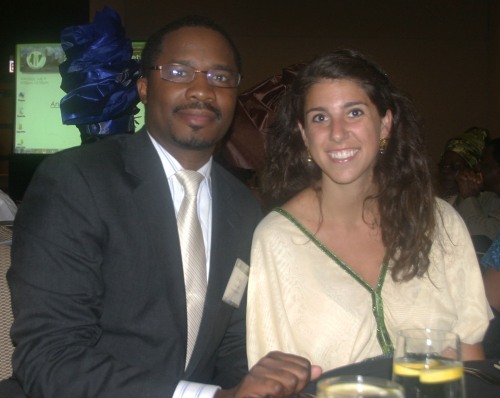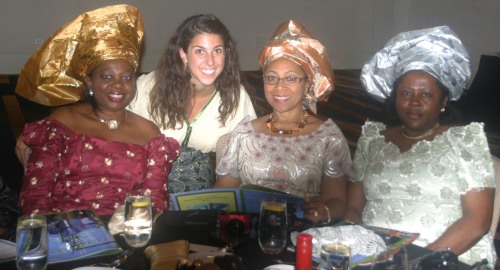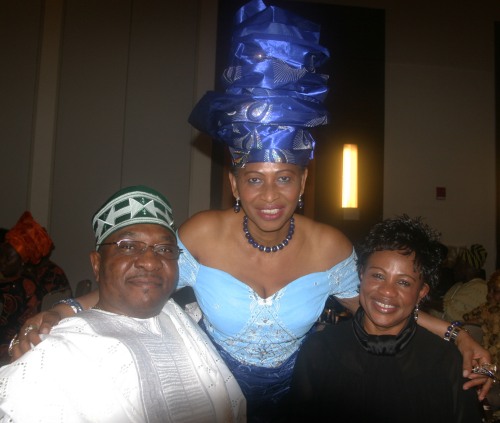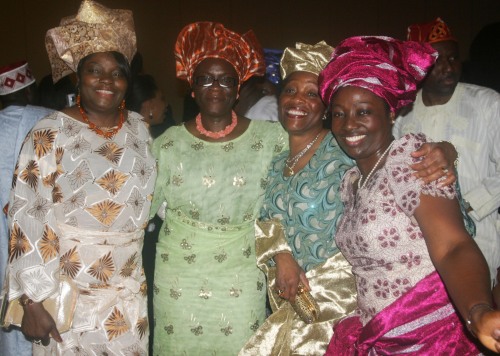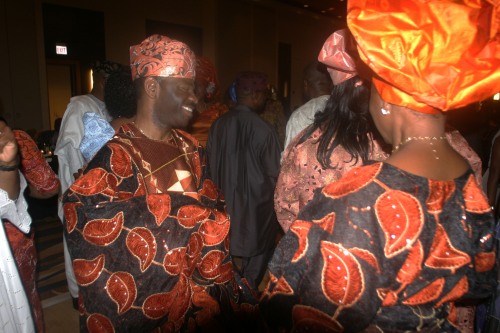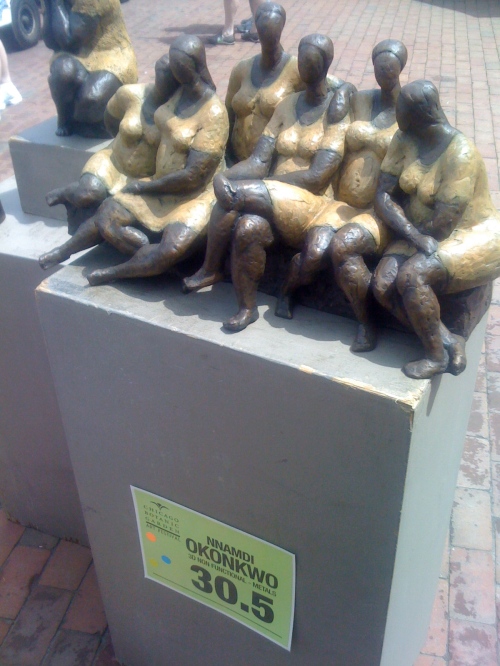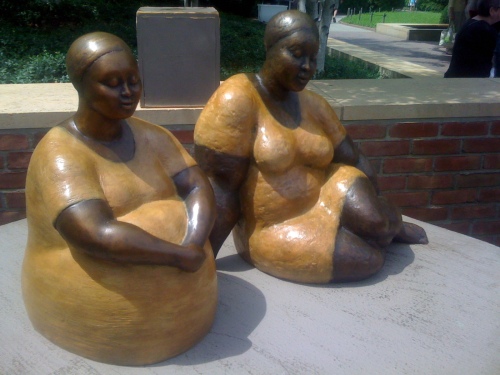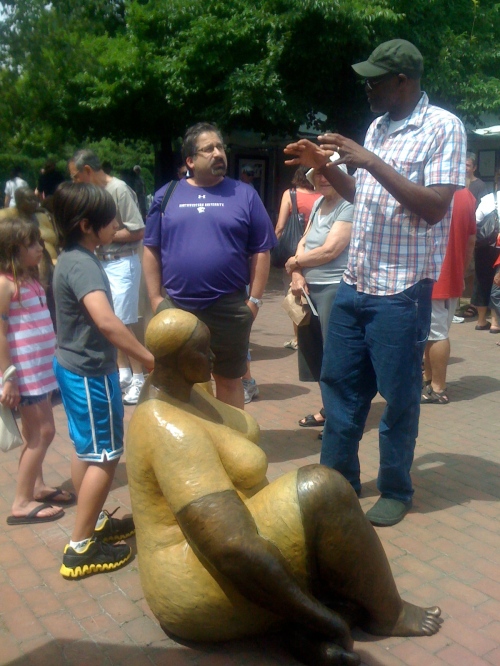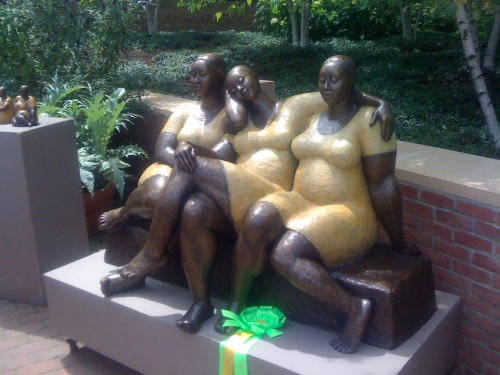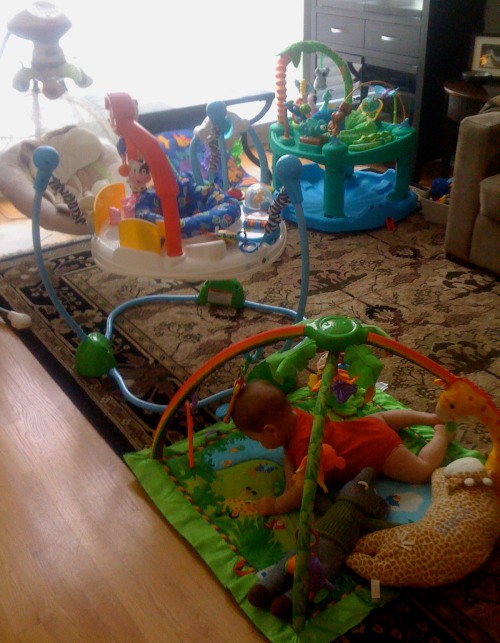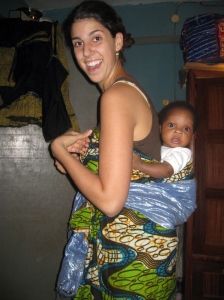A few semesters ago, I took a class called “Mass Media and Minorities”. University of Wisconsin journalism professor, Hemant Shah took the class through the history of reporting on minorities in the U.S., the prevalence (or lack of) minorities in newsrooms and critiques of these areas. He presented a few different metaphors for race relations in the U.S. Of course we’ve all heard of the “melting pot” metaphor; the United States is a melting pot, a harmonious fusion of immigrants from all over the world. Professor Shah, like many other academics, is skeptical of this argument and presents an alternative view: a stew. The U.S. is more like a stew than a melting pot: while all the different ethnicities blend together in a cohesive way, you still have the independent chunks that stand alone and don’t blend in. On one level all the people who make up the U.S. intermingle and cohabit the country, but in many ways exist in segregated communities with little to no mixing.
Immigration is a popular issue these days. We see news reports about it all the time, particularly what 2012 presidential contenders think about the U.S. Mexican border. But what about the people who fly across the Atlantic from Africa? In my experience interacting with the Yoruba population in the U.S. I’ve noticed how they live in tight-knit communities, little microcosms of Lagos. It is staggering that 450,000 Yoruba people live in the Houston area alone. I’ve visited communities like this in Detroit, Maryland and New York.
In pursuit of continuing my journalism career post college graduation (the ceremony is just 18 days away!) I want to visit these communities and find out how they operate, how Yorubas integrate into U.S. culture and how they retain their own culture. Yorubas make up a huge part of the immigrant population in the U.S. and so few people know about it. So over the next month I will start a series of investigative reports about the Yorubas in the U.S., a large, vibrant chunk of thr country.

